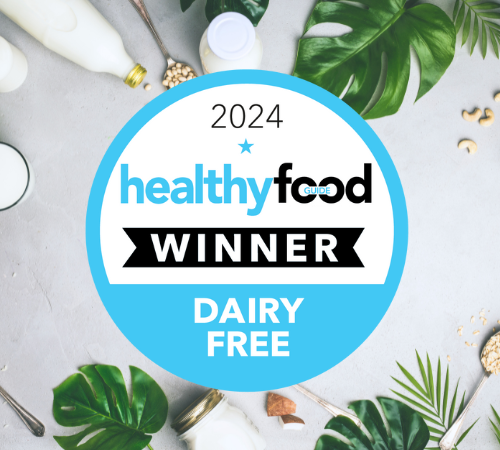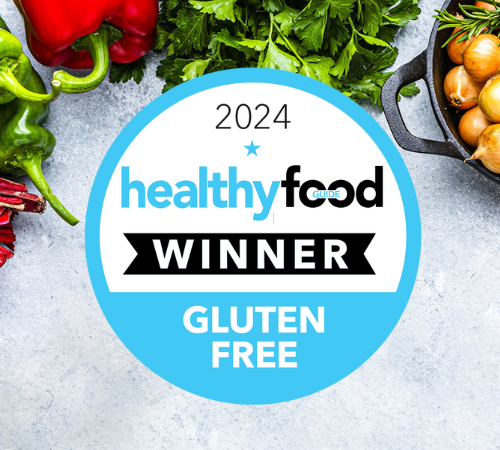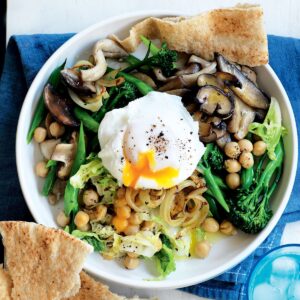
Is full-fat milk back or is skim milk still the best? Or should you go lactose free. HFG dietitian Melissa Meier looks at the latest research into which milk is the healthiest for your lifestyle or life stage.
‘Which milk?’ is a question dietitians and doctors are commonly asked. If you’re confused, you’re not alone. To clear the air, the Heart Foundation has just released new guidelines based on the latest scientific evidence. Here are the key findings you need to know …
For healthy people, consuming full-fat milk as part of a balanced diet is now perfectly acceptable. New research has shown this type of dairy — not just milk, but yoghurt and cheese too — has a neutral effect on your risk of heart disease. It neither increases nor decreases your risk. So, where does that leave you?
The best milk if you’re a healthy weight…
If you’re not actively trying to lose weight and have no heart issues, you can make the call based on personal preference.
Keep in mind that full-fat milk isn’t all of a sudden healthier than reduced-fat milk — the two are simply on par with each other. If you prefer the taste of lighter varieties, there’s no need to make a change.
The best milk if you’re trying to lose weight …
Reducing your overall kilojoule intake helps weight loss — and you might be surprised by the difference in kilojoules between full-fat and reduced-fat milks:
1 cup (250ml) of full-cream milk = 724kJ (173cal)
1 cup (250ml) of reduced-fat milk = 497kJ (119cal)
1 cup (250ml) of skim milk = 368kJ (88cal)
Considering that full-cream milk has almost double the kilojoules of skim milk, a lighter variety is a smart choice when weight loss is top of mind.
The best milk if you’re over 50 …
As you get older, your calcium needs increase. Due to hormonal changes during menopause, a woman’s daily calcium requirement jumps from 1000mg to 1300mg per day after age 50.
A male’s calcium requirement increases in a similar way from age 70. Reduced-fat milks tend to have slightly more naturally occurring calcium than full-fat, although there’s not a huge difference.
You can also buy milk that has been fortified with extra calcium.
The best milk if you have high cholesterol …
Around 39 per cent of adults globally are estimated to have high cholesterol. The Heart Foundation advises that people with high cholesterol or heart disease should continue to opt for reduced-fat dairy over full cream. If you drink several glasses of milk a day, you could choose a variety with added plant sterols, as these useful compounds will help to lower your cholesterol levels.
The best milk if you’re lactose intolerant …
Lactose-free dairy milk is a good choice for those who can’t tolerate lactose. It’s simply cow’s milk that has the enzyme lactase added, which breaks down the natural milk sugar lactose, making it easier to digest.
If you’re otherwise healthy, the choice between full-cream or reduced-fat comes down to personal preference, but if you have heart disease or high cholesterol, reduced-fat is best.
Now trending: Probiotic milks
They’re the newest amigo in the dairy cabinet, but are probiotic milks really worth it? The short answer is … yes! Kefir and filmjÖlk are fermented probiotic milk drinks, so they’re packed with gut-friendly bacteria which can help improve digestion.
Plus, the live cultures that they are made with add anti-microbial properties to the milk to help boost your immunity. You can use probiotic milks in the same way as milk – the only difference is their slightly sour taste. Cheers!
What’s a serve of dairy?
1 cup (250ml) of milk = 1 serve of dairy
Depending on your age, you should have 2½-to-4 serves of dairy or alternatives each day
www.healthyfood.com










